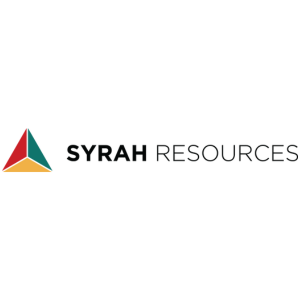Kemal Özkan, Assistant General Secretary, IndustriALL
 |
The mining sector has had alarming rates of incidents in the global mining context and now these is an urgent need for fundamental change to put workers’ first. We sat down with Kemal Özkan, Assistant General Secretary for IndustriALL to discuss what changes should be made, what governments can do to protect workers, improve transparency and ensure maximum compliance.
Who are IndustriALL Global Union and what is the overall strategy?
IndustriALL Global Union represents 50 million workers in 140 countries in the mining, energy and manufacturing sectors and is a force in global solidarity taking up the fight for better working conditions and trade union rights around the world.
As IndustriALL is affiliated with approximately 70 national trade unions in the mining sector, what changes should be made within the industry regarding the fundamentals of health & safety?
According to the International Labour Organization (ILO), mining accounts for about 1% of the world’s workforce, some 30 million people, of whom about 10 million produce coal. However, 8% of the fatal accidents at work occur in mining. As a result, some people hold the erroneous view that it is the destiny of mineworkers to die on the job. This fatalistic attitude, which prescribes to a macho, patriarchal, adrenaline-pumping world of mining, has to end.
For IndustriALL Global Union, the fundamentals of health and safety are a rights-based approach to managing safety and health in the mining industry. This approach derives from our mandate as a global union organisation with approximately 70 national trade unions in the mining sector. The approach of the global mining industry, on the other hand, is motivated by profit and places responsibility for better health and safety on the worker. Inevitably, workers get blamed when things go wrong in the industry. We need a cultural shift to bring a fundamental change regarding health and safety in the mining industry.
There has been a high rate of incidents in the global mining sector, highlighting the need for a change within its health & safety approach, how do you think this can be done?
Trade unions play a vital part in health and safety training and education, and the sooner management appreciates their role the better.
Workers’ voices and influence on employers’ arrangements are critical for their safety and health. Yet, all too often, elected health and safety representatives are appropriated by management to serve their own interests instead of the interests of workers.
Health and safety cannot be regarded in isolation - the high rate of incidents in the global mining sector is due to a myriad of factors which are often related. Health and safety can only be guaranteed when the other rights of workers, such as the right to collective bargaining and freedom of association, are observed.
The mining industry must adhere to a rigorous health and safety management system that is aligned to the precepts of the ILO Convention 176 on Safety and Health in Mines. The convention recognizes the role of trade unions in ensuring that health and safety rights are upheld and holds management accountable.
What can governments do to help with achieving a ‘zero harm’ approach?
IndustriALL campaigns for more states to ratify ILO Convention 176. But regardless of whether or not a country has ratified the convention, a responsible mining company should ensure that its management system is aligned to the convention in whichever jurisdiction it operates.
Governments must also push for better inspections of mines and make sure inspectorates are doing their jobs. Beyond ensuring compliance, governments should also incentivise good performance outcomes that include health and safety. The zero-harm mantra of the mining industry’s health and safety programmes in their varied forms is rendered benign when compared with the competing expectation of a production bonus linked to health and safety performance. This practice has the effect of encouraging under-reporting or non-reporting of injuries and hiding reportable injuries because of the direct linkage with production bonuses.
What would be the next steps within the industry to ensure maximum compliance, and improve transparency?
Mining companies need to comply, at a minimum, with the laws of a country, and with international instruments and standards. For maximum transparency and multi-stakeholder participation, IndustriALL endorses IRMA’s Standard for Responsible Mining, which sets a very high bar for health and safety performance outcomes. Together with the Responsible mining index and ILO Convention 176, these instruments provide real integrity and offer valuable tools for the mining industry.
Don't miss the panel discussion: Achieving a 'Zero-Harm' approach - Changing Fundamentals to put people and Health & Safety first taking place on 4th February at 15.30.



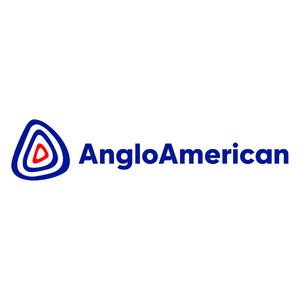
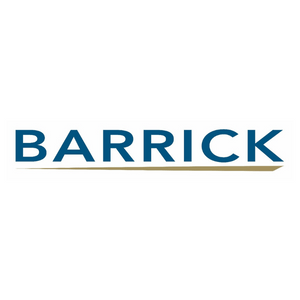
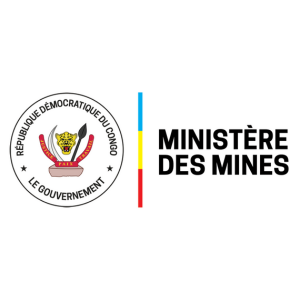
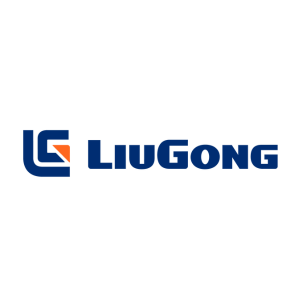

-Logo_CMYK_1.jpg?width=1000&height=500&ext=.jpg)
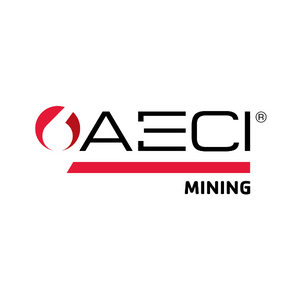

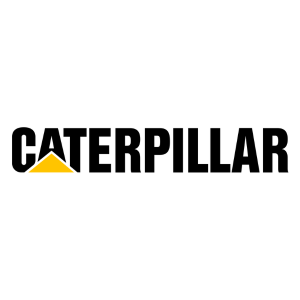

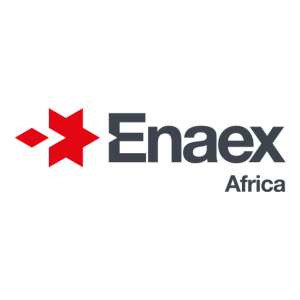


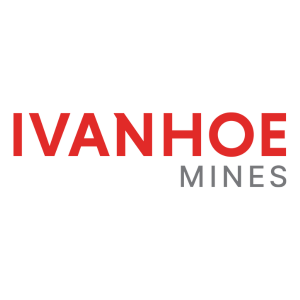

.png?width=300&height=208&ext=.png)

_mi25-weblogo.png?ext=.png)
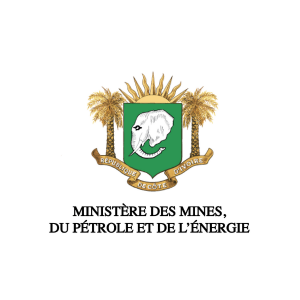
_1.png?ext=.png)


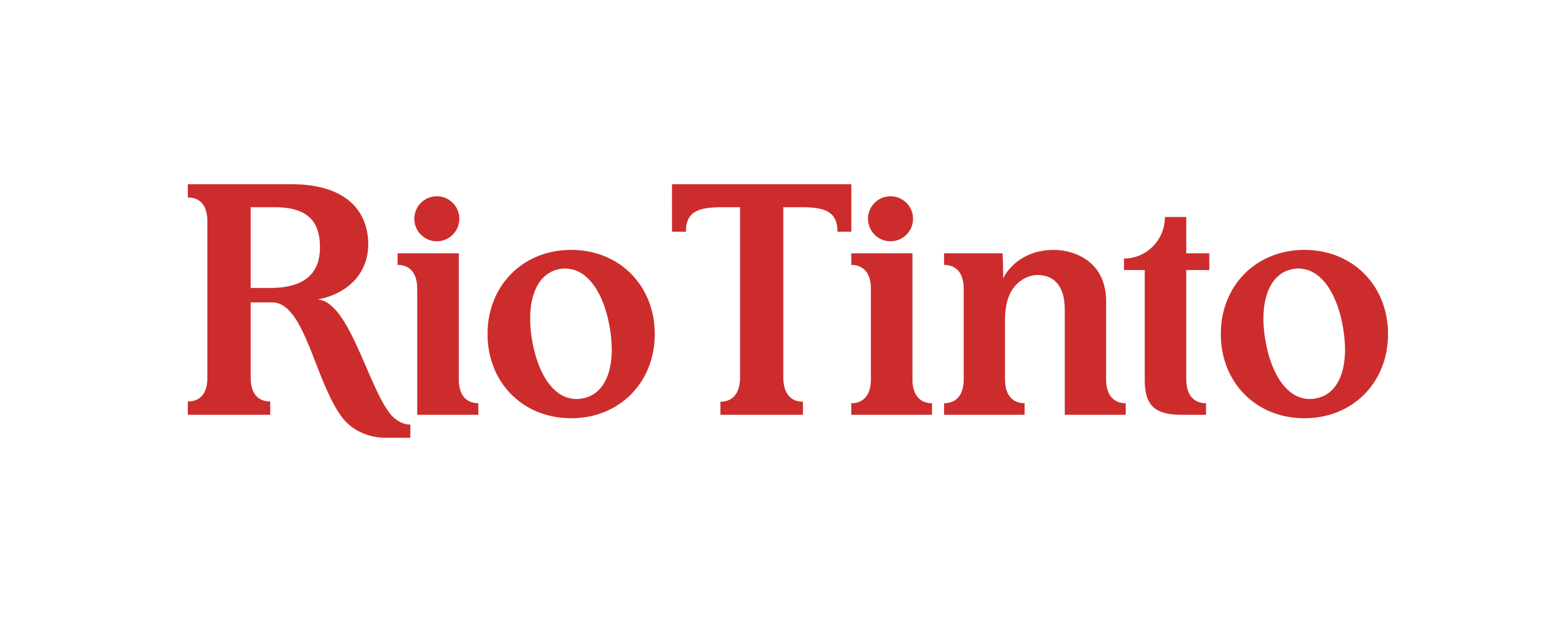

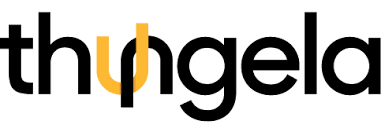
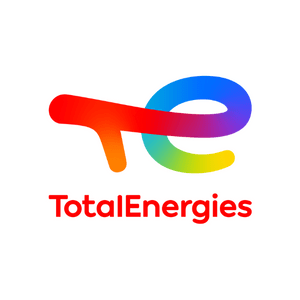
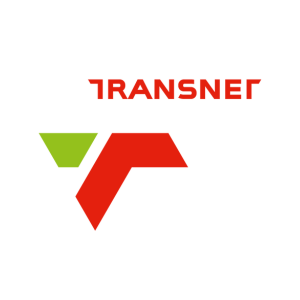
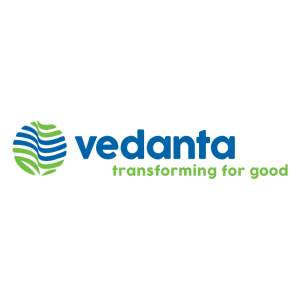

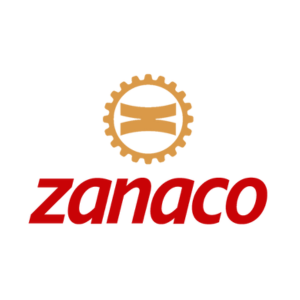
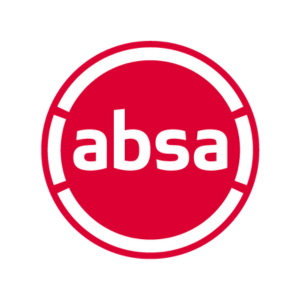

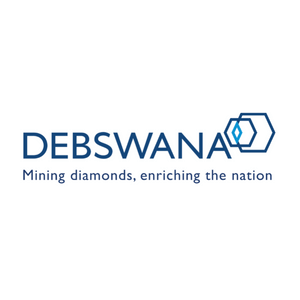






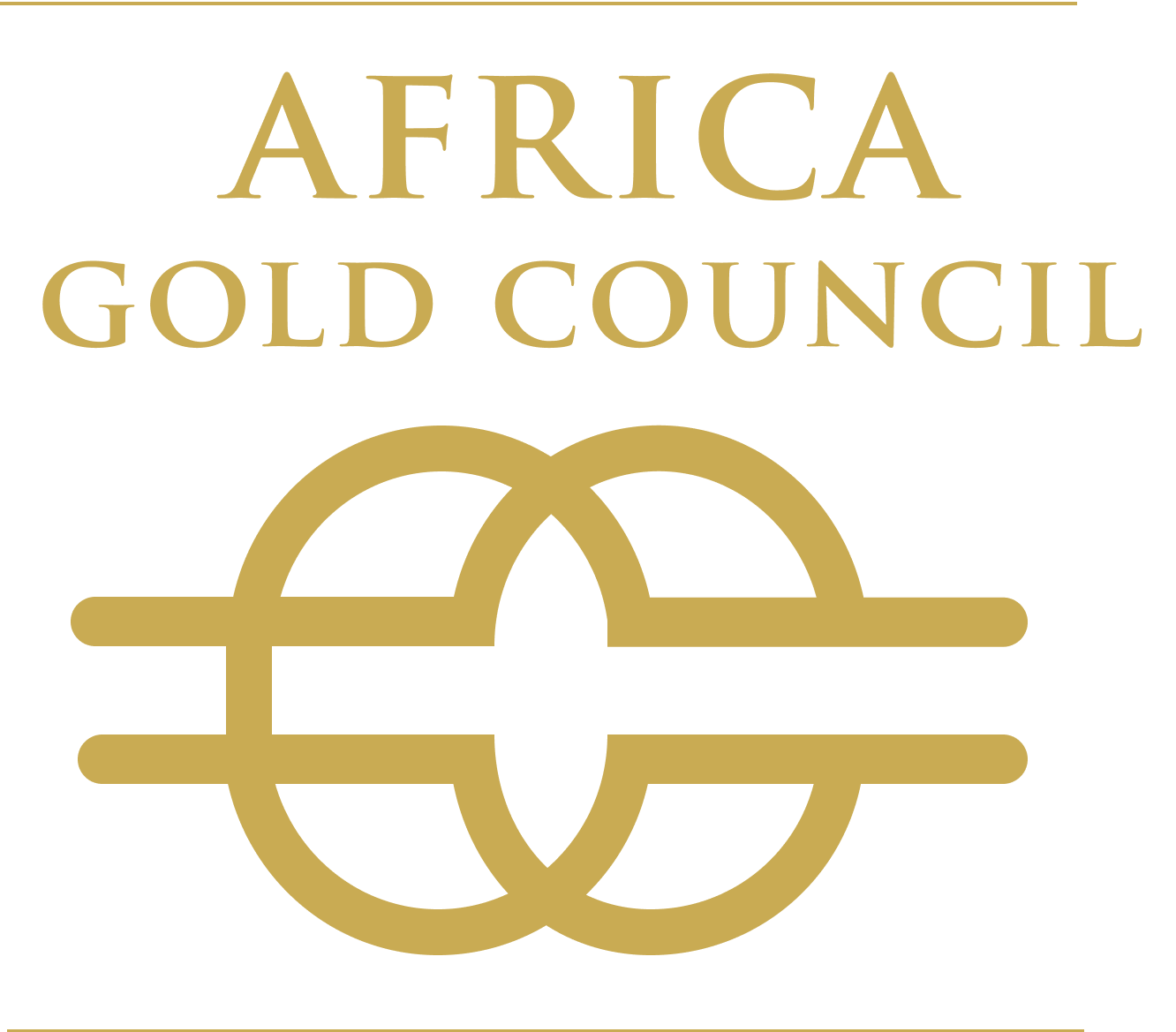

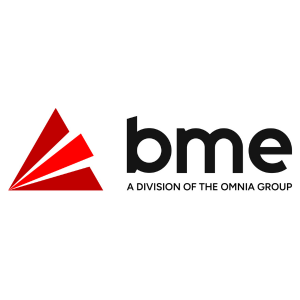


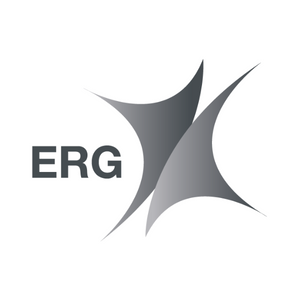





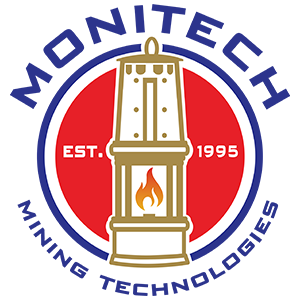


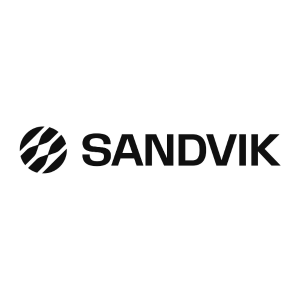

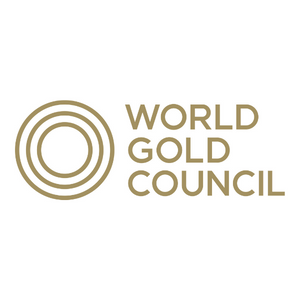
_logo.png?ext=.png)

_mi25-weblogo.png?ext=.png)


